| Jeonju is a traditional culture city representing Korea, and is a special travel destination where you can experience Korean styles such as Hanok, Korean food, and Korean paper. |
|
| Madang Nori 'A hunter chasing a dragon' |
|
| It is a performance recommended by local residents of Jeonju to tourists, and anyone of all ages and generations can enjoy it easily. It is a performance that the whole family with children can enjoy with colorful elements such as puppet theater, nanta, pansori, pungmul nori, and musical. |
|
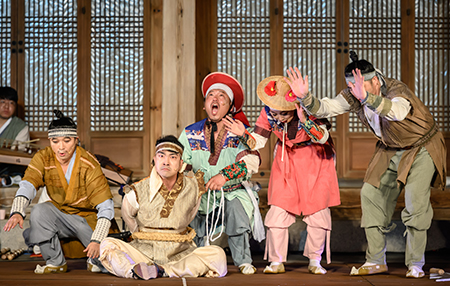 |
| Madanggeuk Byeonsato Birthday Party |
|
| 'Jeonju Madang Changgeuk' is a Korean version of a musical that combines song, music, and dance into a story play centered on our sound. While maintaining the unique style of old pansori and changgeuk, the play is unfolded with the story of this era that many people can relate to. |
|
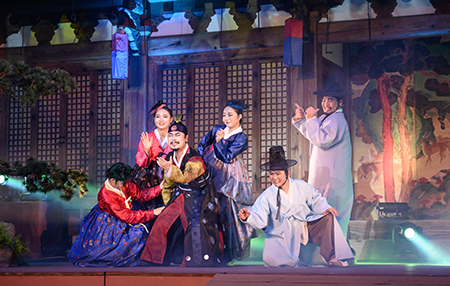 |
| Jeonju International Film Festival |
|
| The Jeonju International Film Festival is a non-competitive film festival that introduced partial competition, and has served as a window to introduce alternative and innovative films to Korea. |
|
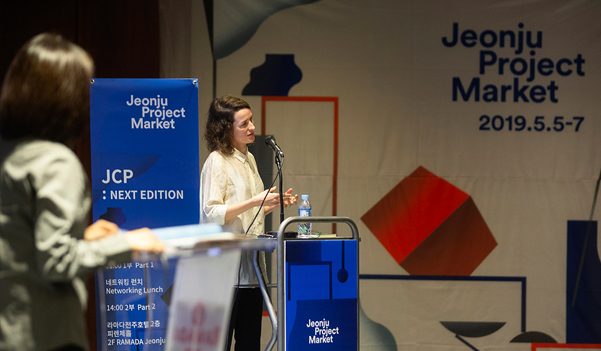 |
| Jeonju International Sound Festival |
|
| In 2001, it started as an international festival with 4,000 people from 142 teams from 15 countries, under the theme of "Sori Love Onnuri", and 29 countries participated in it last year. |
|
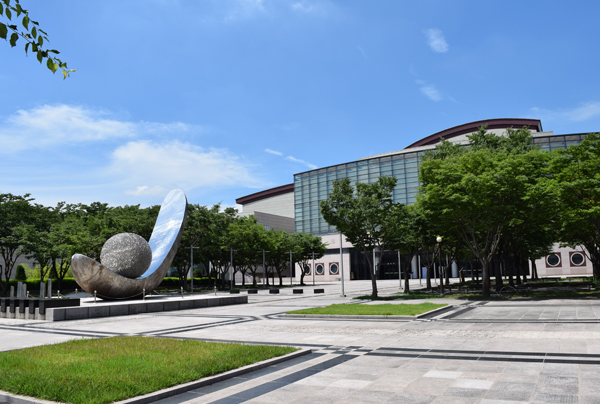 |
| Jeonju University practice game |
|
| In particular, he gave himself the title of prestigious title to 15 clowns such as Kwon Sam-deuk, Shin Jae-ho, and Song Man-gap. After that, it continued to pass down to the King Jeongjo and Sunjo dynasties. |
|
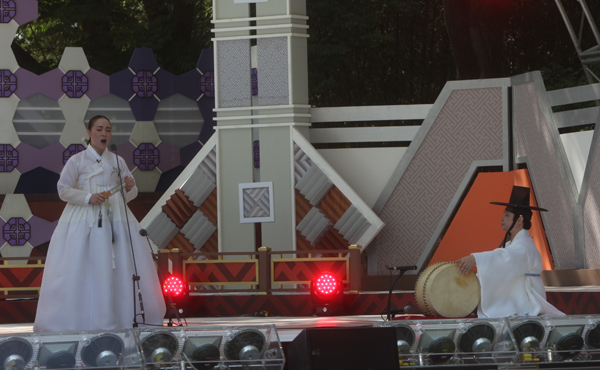 |
| Ajoong Lake, a romantic road you want to walk |
|
Ajung Lake is surrounded by a water promenade and a deck path, so you can enjoy the view of Ajung Lake with a peaceful mind, and there is a floating deck plaza that can accommodate about 200 people, providing a space for performances and festivals.
|
|
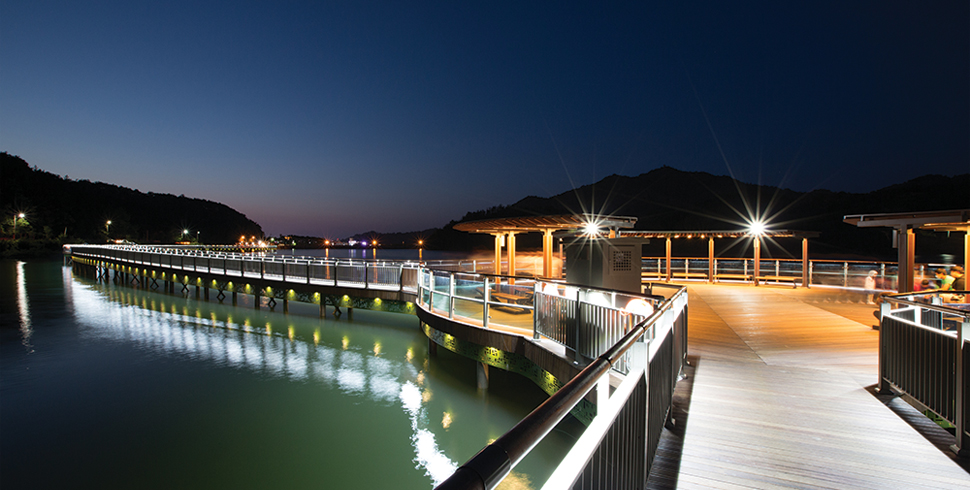 |
| Jeonjucheon, an ecological river in the city |
|
| Jeonjucheon, which originates in Eulchi, Gwanchon-myeon, Imsil-gun, about 26km southeast of Jeonju, flows through the center of the city, is the first tributary of the Mangyeong River that merges with Samcheon in Seosin-dong Recommendation. |
|
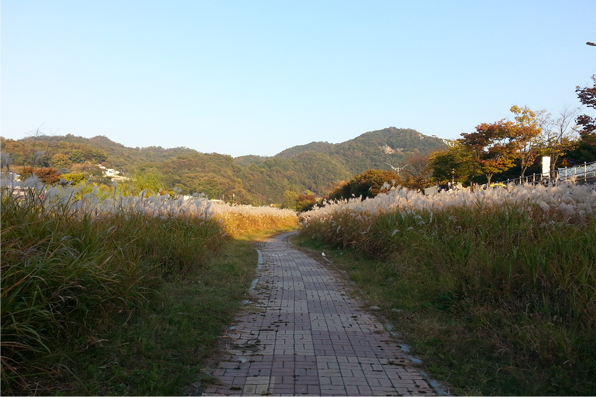 |
| Deokjin Park reminds you of memories of your family and lovers |
|
Deokjin Park, located in the center of Jeonju city, is a place of memory for Jeonju citizens. In particular, Deokjin Lake, which is the vast lake of Deokjin Park, embroiders Deokjin Lake every year in early July, and is gaining great popularity with tourists and photographers from all over the country.
|
|
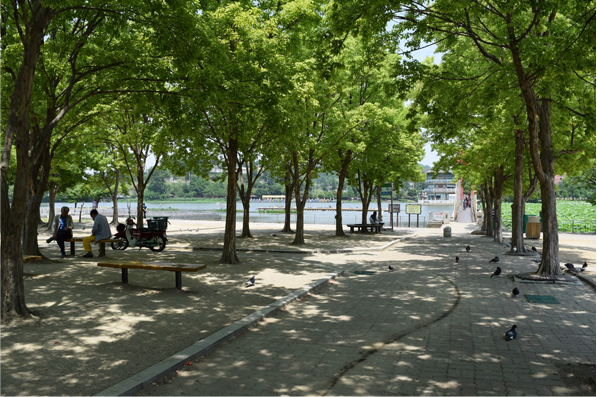 |
| National Intangible Heritage Center |
|
The National Intangible Heritage Center is an institution affiliated with the Cultural Heritage Administration established to systematically preserve and inherit the intangible heritage that is the basis of Korean traditional culture. to be.
|
|
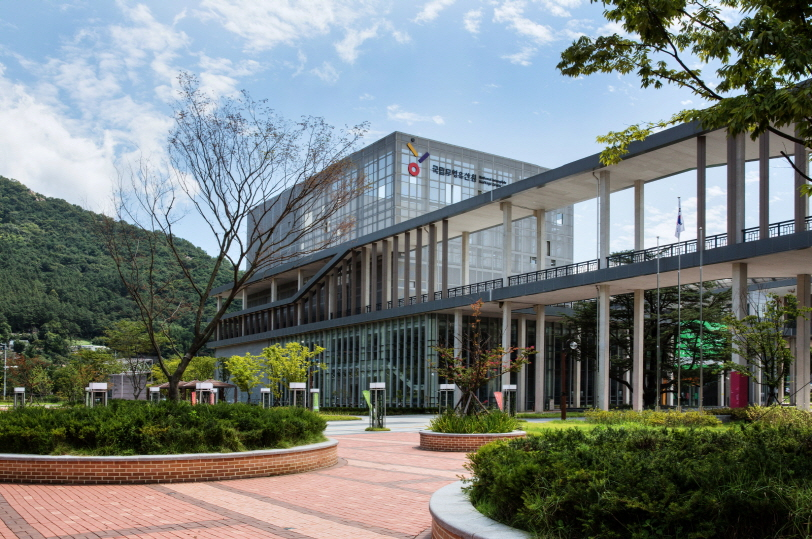 |
| Jeonju Hanji Museum |
|
| A cultural space where you can see the true value of Korean paper Jeonju Hanji Museum is operated by Jeonju Paper, which plays a big role in revitalizing the local economy by producing newspaper and publishing papers as a leader in the domestic paper industry. |
|
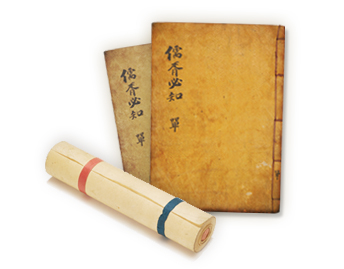 |
| Jeonju National Museum |
|
Currently, the museum's collections amount to 40,000 pieces, including archaeological, historical, and art relics, as well as folk materials, excavated from Jeollabuk-do or related to local history.
|
|
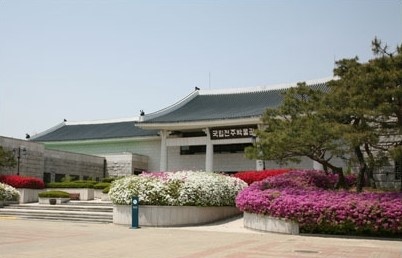 |
| Korea Sori Culture Center |
|
| The Korean Sori Culture Center is located in Songcheon-dong, Deokjin-gu, Jeonju, and contributes greatly to Korea's performance culture. In particular, the International Sori Festival is held every year. |
|
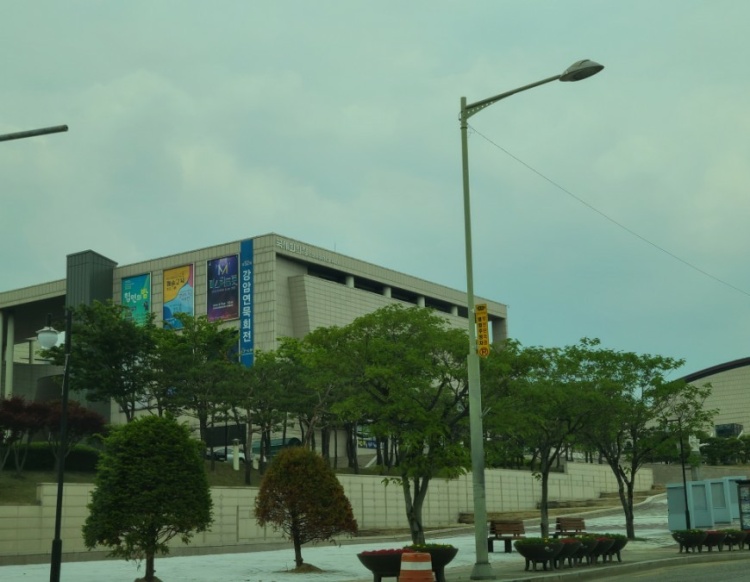 |
|
|
|